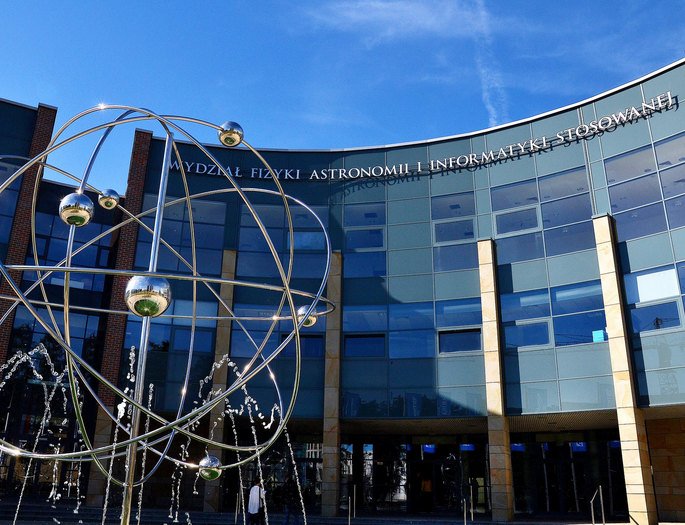
In June, the European Research Council (ERC) awarded €2.5 million in funding to a pioneering project led by Professor Paweł Moskal from Jagiellonian University. The initiative, titled POSITRONIUM, aims to develop a noninvasive method for assessing oxygen deficiency in human tissues, a breakthrough with major implications for medical imaging.
The study, featured in Science, explores the use of positronium atoms — exotic states formed by electrons and positrons during PET scans — as potential biomarkers for tissue oxygenation. Traditionally overlooked in medical diagnostics, positronium could enable more precise cancer detection, disease monitoring, and personalized treatment planning.
The project proposes a novel approach: measuring quantum entanglement of photons produced during positronium annihilation. These correlations could reveal how oxygen interacts with tissues, offering insights unattainable through classical imaging methods. The research will be conducted using the world’s first multi-photon J-PET tomograph, designed at Jagiellonian University under Prof. Moskal’s leadership.
This unique system enables simultaneous photon detection and imaging of positronium lifetimes, making Jagiellonian University the only institution currently capable of such advanced studies. The results are expected to open new horizons in diagnostic imaging and oncology.
Source: Jagiellonian University



